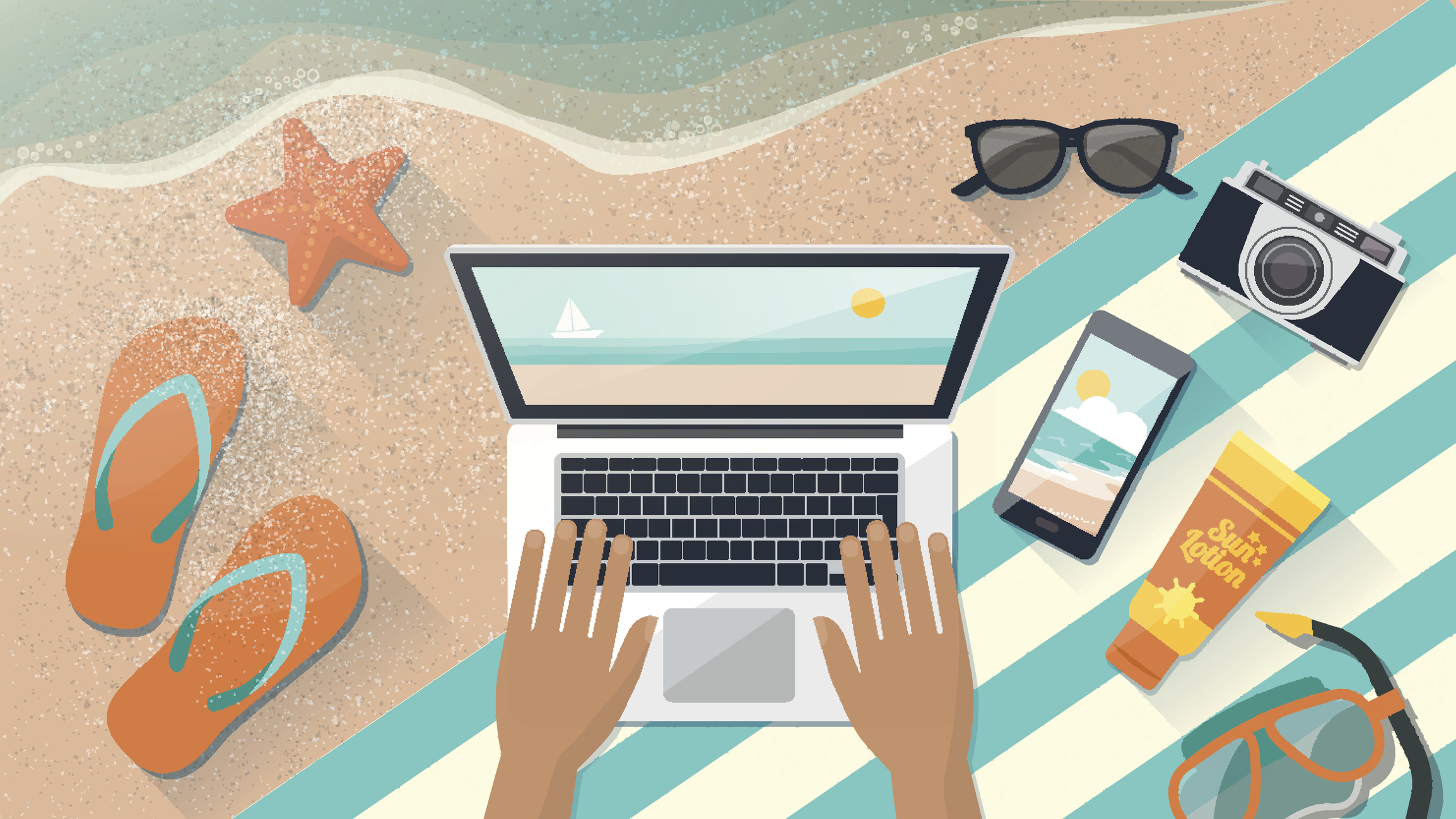
The long history of road warriors adding vacation days before or after a business trip, initially a response to the old airline pricing practice of marking up midweek round trips, is getting a fresh look thanks to the widespread acceptance of remote work.
High inflation that has driven airline fares up by 18% over the past year are also a big driver, according to Suzanne Neufang, CEO of the Global Business Travel Association (GBTA).
“If you’re already on a plane, [that’s] a huge motivation. If your basic transportation… is already covered by your employer, I think that’s a huge benefit, and a reason why business travelers are interested in this,” she says.
A 2022 survey conducted by hotel brand Crowne Plaza found that 60% plan to add leisure travel days onto future business trip itineraries. “It’s almost as if Monday is the new Sunday and Thursday is the new Friday,” says Ginger Taggart, vice president of global brand management at Crowne Plaza’s corporate parent, IHG Hotels & Resorts.
More from TIME
Hotels are on board: Although vacationers are making up for lost time with abandon, the return of more-lucrative corporate bookings has been, at best, halting. The GBTA predicts that factors including persistent inflation, climbing energy prices and companies’ desire to conserve cash in the face of an economic downturn will delay until 2026 the recovery of what had been a $1.4 trillion business before the pandemic. And that is one of the more optimistic projections. “Consumer sentiment suggests a full return to pre-COVID levels of business travel may never occur,” according to an analysis by hotel data consultancy STR. .
Beleaguered hotels can make up for some of the shortfall when business travelers bring their families and spring for adjoining rooms or suites, as well as when traveling companions with nothing to do during the workday spend money at a hotel spa, golf course or casino.
Some employers haven’t warmed to the blended-travel trend, says Evan Konwiser, executive vice president of product and strategy at American Express Global Business Travel. “Having a policy denotes formal endorsement of something, and a lot of travel management teams don’t have the overhead or resources to manage an additional component,” he says.
But in spite of concerns about potential liability, expense account mismanagement, workers slacking off or some combination of all three, many employers have been eager to embrace an activity that doesn’t add to their payroll costs and is perceived as a perk by many employees. In a 2022 GBTA survey of corporate travel managers, 90% said employees were interested in combining business trips with recreational travel at their companies.
How to make the balancing act work
Blending work and play can be easier said than done—especially for business travelers whose instincts have gotten rusty. “It’s almost like a muscle people haven’t flexed in the past couple of years,” says Misty Belles, vice president of global public relations at travel agency network Virtuoso.
But with a few tips from industry pros, you can make sure that both the work and the recreation parts of your trip get the job done.
More Must-Reads from TIME
- Cybersecurity Experts Are Sounding the Alarm on DOGE
- Meet the 2025 Women of the Year
- The Harsh Truth About Disability Inclusion
- Why Do More Young Adults Have Cancer?
- Colman Domingo Leads With Radical Love
- How to Get Better at Doing Things Alone
- Michelle Zauner Stares Down the Darkness
Contact us at letters@time.com